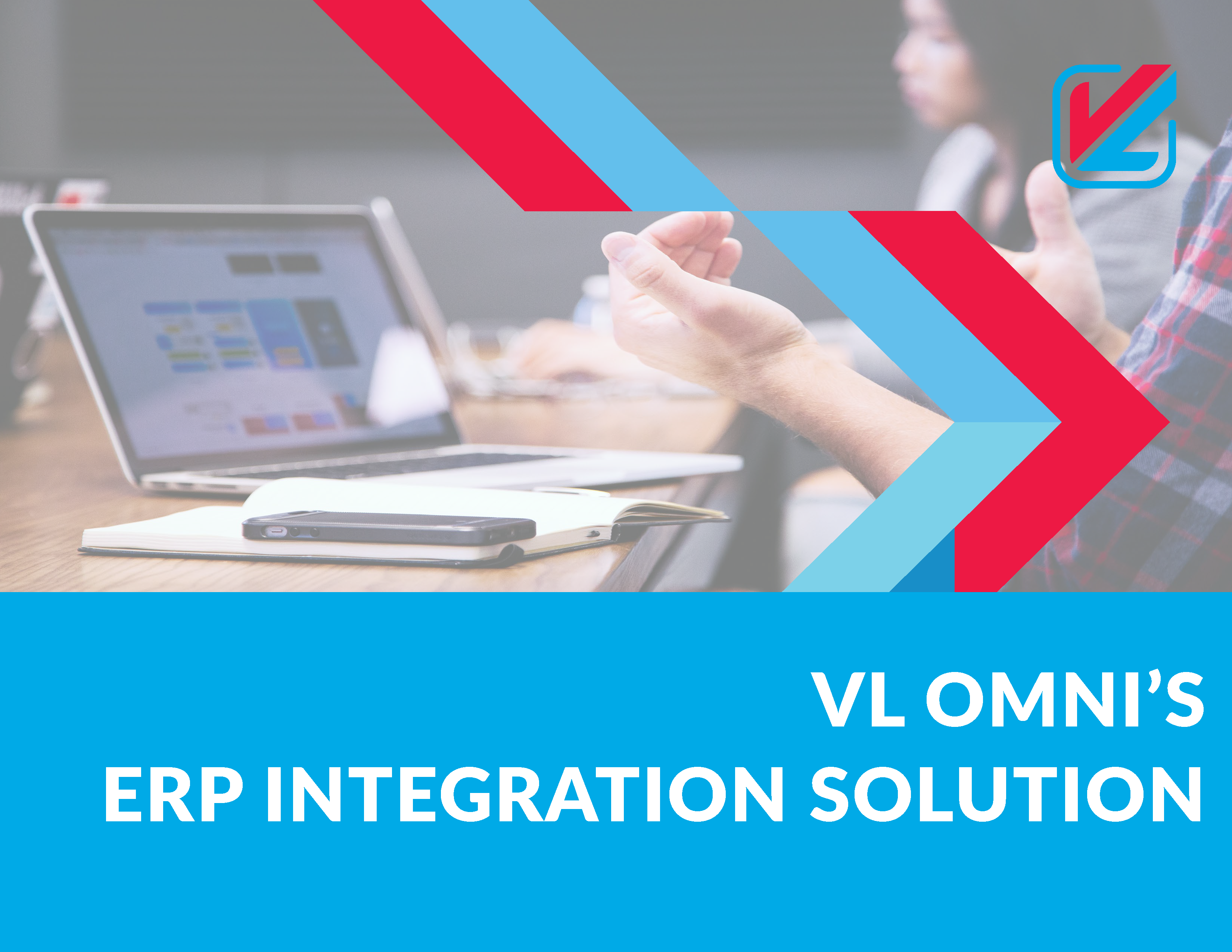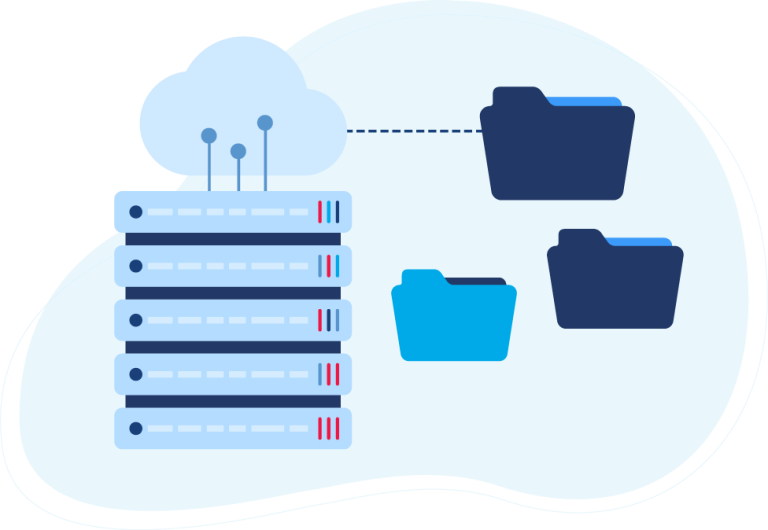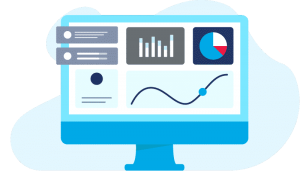Key Considerations for Choosing a Shopify ERP Integration Solution
In today’s rapidly changing business landscape, retailers face numerous challenges that require robust strategies and cutting-edge technology to stay competitive. One crucial aspect of eCommerce operations is selecting the right platform, and Shopify or Shopify Plus are popular choices due to their robust features for multi-channel selling. To further enhance growth and efficiency, integrating these platforms with an ERP (Enterprise Resource Planning) system is essential.
What is an ERP System?
An ERP system is designed to centralize core back-office processes such as accounting, sales, customer relationship management (CRM), inventory management, and other sales channels. By serving as a process integration engine, ERPs unify various customer-facing activities, including orders, fulfillment, and shipping. This is why many Shopify and Shopify Plus users turn to ERP systems to enhance efficiency and effectiveness.
The Benefits of Shopify ERP Integration
High-growth businesses require robust ERP integration to deliver exceptional customer experiences. Here is where agile and scalable integration provided by enterprise integration platforms like VL OMNI can help extend the reach and flexibility of your ERP system, Shopify Plus store, and core back-office operations.
An ERP software integration provides you with a unified view of information from different systems in real-time, whether the data originates in the ERP or other systems. For instance, a Shopify ERP integration solution helps integrate your sales channels and automate processes to fulfill orders and create flawless customer experiences.
The Need for ERP Software in Inventory Management
Efficient inventory management is crucial for business success. ERP software plays a vital role in this area by providing accurate inventory data and optimizing stock levels. This automation reduces errors and improves efficiency in back-end processes such as stock purchasing, logistics, and inventory transfers.

DOWNLOAD THE ERP INTEGRATION SOLUTION
Why Your Brand Needs an ERP
As your brand grows, supply chain complexity increases, making it challenging to maintain your ERP manually. To ensure a seamless customer journey, it is essential to connect your ERP to other applications and data sources. This is especially true for Shopify Plus merchants dealing with challenges like selling through multiple channels, managing large product catalogs, and handling manual tasks and delays in shipping.
By selecting the right Shopify ERP integration solution, your business can scale effectively and future-proof operations. VL OMNI, as a trusted Shopify Plus Integration Partner, offers seamless integrations with various ERP systems, enabling easy application integration and streamlining order management processes for both B2C and B2B operations.
Investing in the right technology and integration solutions is crucial for retailers to remain competitive in today’s evolving landscape. By leveraging the power of Shopify and integrating it with an ERP system, merchants can automate their Shopify orders and products, enhancing efficiency, customer experiences, and overall business growth.
What to look for in Shopify ERP Integration Solutions
An essential factor to look for in a Shopify ERP integration solution is how well it integrates with Shopify and Shopify Plus. When it comes to functionality, ensure you are not limiting your business potential.
Look for the following 4 criteria:
1. APIs and Robust Integration
Businesses looking for a Shopify ERP integration solution must think strategically about their business goals. What those goals are will dictate the type of robust integration is needed to achieve them. When looking for a Shopify or Shopify Plus ERP integration solution, make sure to understand how the solution will integrate to any and all present and future applications and their APIs.
APIs and their capabilities are critical in understanding the kind of integrations your brand needs. Application program interfaces (APIs) are cloud-based applications that make it possible to move data into and out of applications: no API, no data movement!
2. Agile, Scalable Solution that fits your business needs
Remember your business and product are unique and one size fits all Shopify ERP solutions will likely not fit at all. Entertain and research various solution options with your growth goals and business rules in mind. Find an integration approach that promotes agility, flexibility, and efficiency.
For instance, iPaaS solutions have the unique ability to modify and clone real-time integrations without hitting ‘pause’ on normal business operations. An iPaaS solution like VL OMNI is well-suited for brands with a growing number of transactions that don’t have an internal IT team to maintain hardcoded integrations.
See why enterprise brands trust VL OMNI integrations to keep up with their growth and deliver great customer experiences from start to finish.

3. Timely and Improved Workflow Functionality
When evaluating the capabilities of a Shopify ERP integration, you need to know how the integration will send and receive data, or how it will “talk” with other systems. If the Shopify ERP integration doesn’t connect easily to other systems, it will limit what processes you can automate between your ERP, Shopify store, and other sales channels.
As orders come through your Shopify and Shopify Plus store, a scalable integration would ensure orders populate in your ERP system. Products and Inventory will then be updated with your online store to reflect the sale. This promotes efficient shipment updates between your systems for timely fulfillment.
4. Find The Right Integration Partner
Dedicate time to find the right strategic partner to integrate your Shopify Plus store with your ERP system. A true partner will also invest time in your business success and guide you thoroughly.
But Merchants need to ensure they come to the table prepared as well. You must dig into the technical requirements your business needs to grow. This includes how integrators work with APIs, webhooks, GraphQL, etc. This applies to any technology application you are thinking of adding to your Shopify and Shopify Plus stores.
Remember to think at scale. The Shopify ERP integration you choose must fit your business long-term. If you want to consult on how to seamlessly connect Shopify and your ERP system, contact us.
Scale your business with Shopify ERP Integration
Shopify and Shopify Plus growing businesses need to focus on strategic growth. This involves understanding how their ERP will integrate with their online store and other systems. Ultimately, it’s up to your brand to choose the Shopify ERP integration that fits your needs, goals, and required functionality. Narrow down the integration solutions that meet those needs and then start your integration journey with the right partner to future-proof your business!
VL OMNI integrates a wide range of ERP systems with Shopify and Shopify Plus, including From Microsoft Dynamics Nav, Oracle Netsuite, AS/400, Epicor, BlueLink, Dynamics 365 Business Central, and Finance and Operations, SAP, Oracle JD Edwards, and many more!
Our Shopify ERP integrations enable brands to easily integrate applications and streamline repetitive order management processes. VL OMNI is a Shopify Plus Integration Partner and provides Shopify Plus partners and customers with B2C and B2B integrations.
 D365 Business Central
D365 Business Central Netsuite
Netsuite


